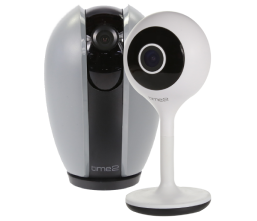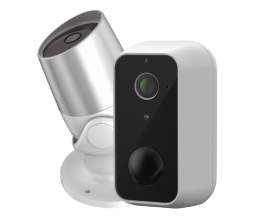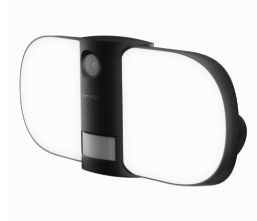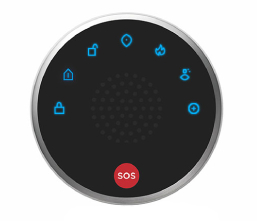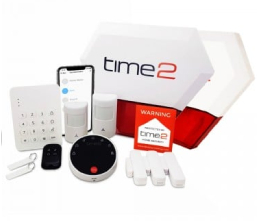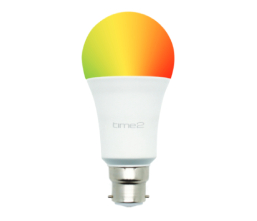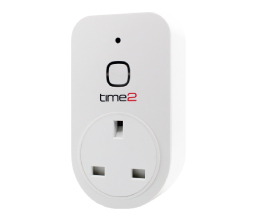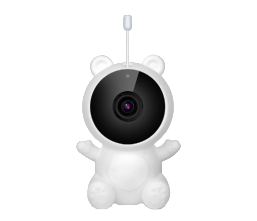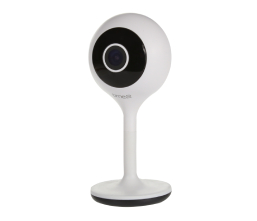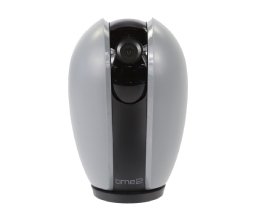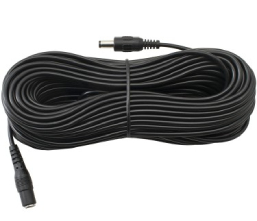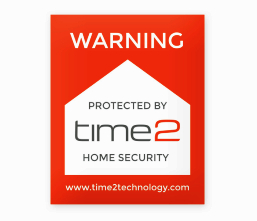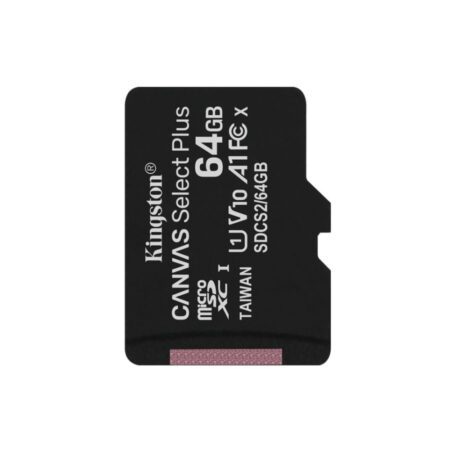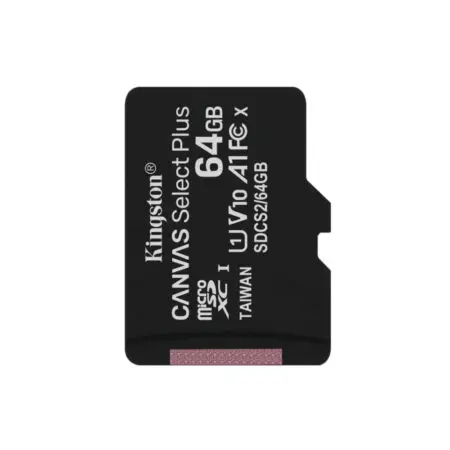A home security camera system provides the peace of mind in knowing that your home is protected from intruders. Modern security cameras monitor your property when you are away by sending video images to your phone, tablet, or PC over the internet.
There are many models of cameras to choose from, but one of the basic choices is between wired and wireless systems. So, which is better?
Wireless cameras
A wireless camera needs to have a power source, but some models can be powered by batteries. This is fine for locations where mains power is not available, but mains power is usually better, especially when you go on holiday and are not there to recharge or change batteries.
A wireless camera that runs off the mains is still not without wires and needs to be mounted near a mains socket. Often, the best location for an indoor security camera is on a corner where the ceiling meets the wall, and within sight of an exit and entry door. This may not be close to a socket, so you may need an extension, but make sure that trailing wires do not create a hazard. It is better to have an electrician install a new socket close by the camera location.
Outside mounted security cameras may also require a new socket installing, and this is better done by a professional.
After a suitable power socket has been sorted, there is nothing more to install. No wires are needed to transmit the video images. A wireless IP cam is the best sort of wireless home camera as it can connect to the internet and transmit images to either remote locations or a monitoring station within the house.
Wired cameras
Before wireless IP cams were available at reasonable prices, most home security cameras required wires to transmit their images to either a monitor or PC computer. They required both power and data cables to connect the cameras to recording and monitoring devices. They usually required professional installers to set them up and trail the cables in such a way that they were not unsightly or a tripping hazard.
You can still purchase wired home security cameras systems, but wireless systems have several advantages.
Wired cameras can record images to a taped system or DVD discs. Many modern wired or wireless cameras only operate when motion or audio is detected and record to inexpensive memory cards.
The advantages of wireless systems
A wired system sends image data along cables to a monitoring and recording station. This means that usually they can only be monitored when someone is at home. A wireless system, on the other hand, transmits images wirelessly. These can be received in the home, but most modern wireless set-ups are WiFi camera systems that connect to the internet and the home network.
Every wireless IP cam, like computers, is given a unique IP address that enables it to be found on the internet. This is complex technology, but it is simple for the user. An app is downloaded to a tablet, smartphone or PC. This connects to the internet and once set up, easily finds the camera on the internet. If you install several cameras, inside and outside, they form a network and you can easily switch between camera views with the app.
A camera equipped with motion and audio detection activates when there is movement, or a loud sound is detected. These systems can alert you via your phone if an intruder is detected so that you can call the police. Some systems have two-way communication so that you can actually shout at the intruder and possibly deter them. Alternately, they can be used to talk to your pets if you are missing them!
Many WiFi security cameras have a pivot and tilt mechanism that can be controlled with the finger on a smartphone app. Move your finger on the app display, and your movements are transmitted to the camera, which shadows your actions so that you can look around the room.
What to do if the signal is blocked
There can be situations where wireless signals can get blocked. This is usually in large old houses with thick walls that prevent wireless signals from passing through. In this case, a wired camera could be the solution. If you live in a large country estate, then a camera in the stables at the end of an acre field may not transmit signals as far as the main house, so a wired camera may be necessary.
In general, a wireless camera is best, but in places where there is wireless interference or signals do not travel far, you could need a wired camera. There are booster solutions available that can increase the signal from a WiFi security camera. A WiFi repeater can be used to extend the coverage of the camera WiFi signal. There are systems that have extensions that connect the camera to a power socket to send signals via the electric circuits. These do add another wire to the “wireless system” but are effective.
IP cameras transmit signals to your WiFi router. If the signal is weak, you could upgrade to a more sensitive router, or place the router in a better position.
The final verdict
Wireless home security camera systems do many things that wired systems cannot. For workplaces that have 24-hour security, a wired system can still be useful as there is always someone there to monitor intruders and businesses can constantly record images from their cameras.
For the home, a WiFi security system is better. It is easy to set up by a novice and can be monitored when you are away from the house. Sometimes an intruder alert is a false alarm, as outside cameras can be set off by a fox or cat. An alert could be triggered one of your children unexpectedly entering the home. With a home security system with several cameras, you can check if the intruder is a burglar, a teenager or an animal.
Posted on 11th Jul 2018 by Anesh Pillai
